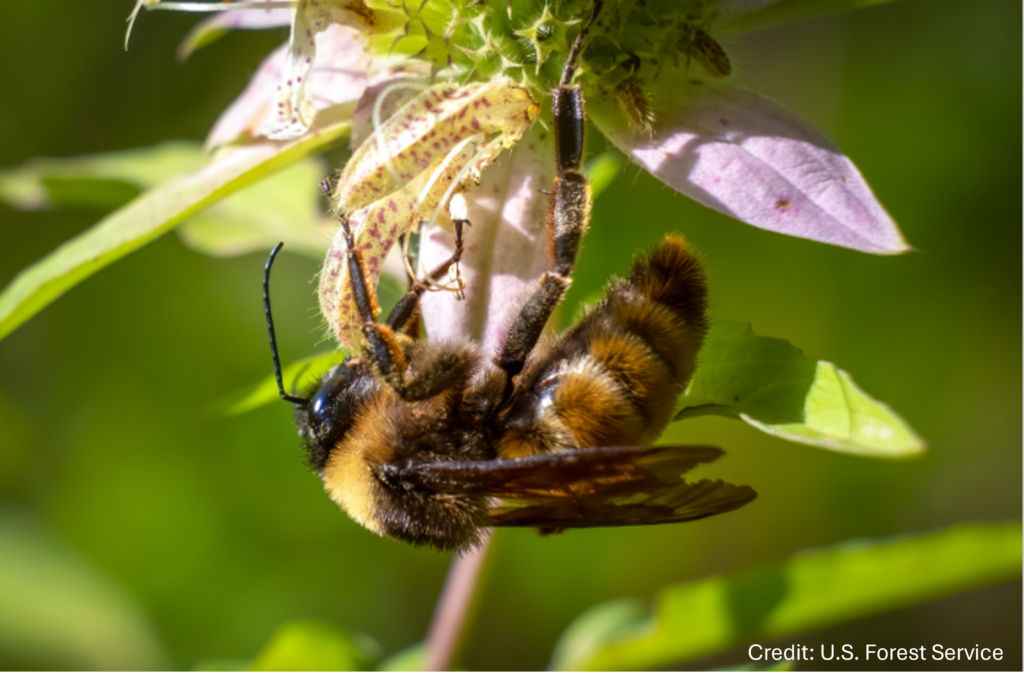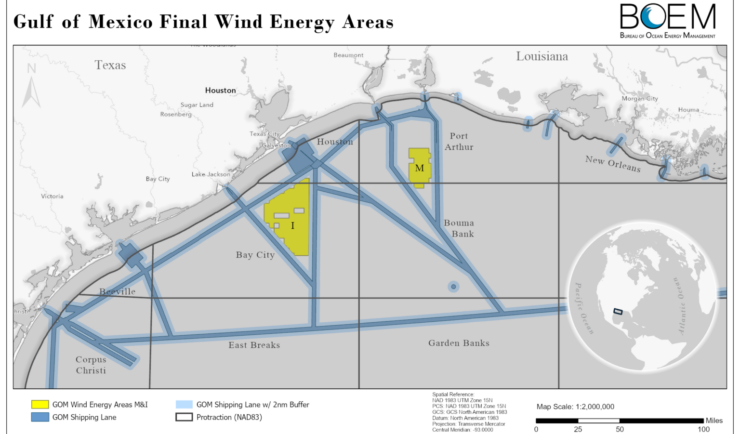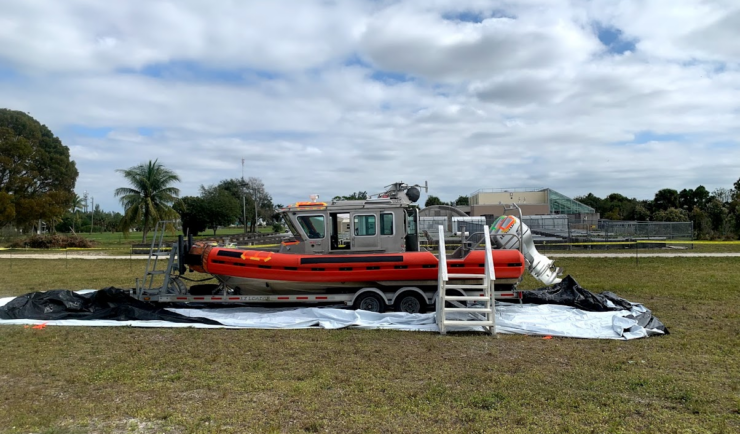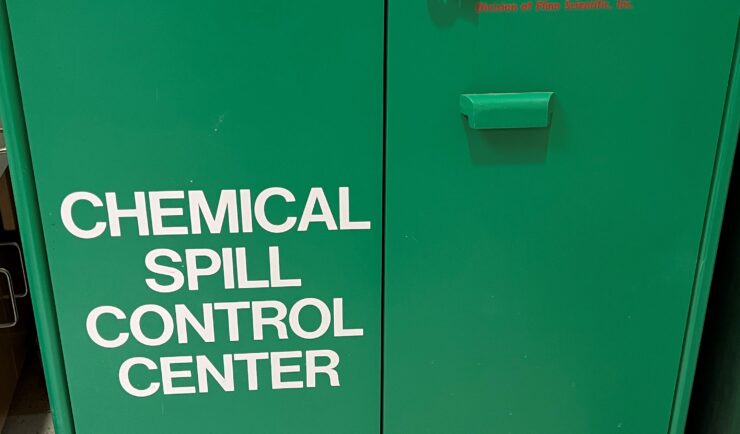- Success Stories
- Environmental Resource Assessment & Management
Developing a Database for Ecosystem Service Models

CSS scientists have been major developers and contributors to the online U.S. Environmental Protection Agency’s EcoService Models Library (ESML) database since its inception in 2012. The ESML database contains detailed but concise descriptions of ecosystem service models to facilitate the selection of models by ecosystem scientists for a variety of management and research applications. The database contains over 290 ecosystem service models, with additional entries for specific model runs. CSS employee owners helped design the database and the framework for summarizing models. In addition, CSS has selected models from the database for generating scenarios of remediation options for specific Superfund sites to identify the ecosystem services they could provide. Models that have been applied include pollinator (e.g., bumblebee), carbon sequestration, and bird ecosystem services. The database can be accessed at www.epa.gov/eco-research/ecoservice-models-library/.
See More CSS Insights

Expanding Our Offshore Wind Team
We’ve recently added several staff to bolster the offshore wind team at NOAA’s National Centers for Coastal Ocean Science. With this full team of 13, our employee owners are able to provide more focused support in their areas of expertise, including mapping and spatial modeling, data collection, communications, project management, and partner engagement. Through this…

Large-Scale Decontamination Proves Successful
In the spring of 2022, we worked with the U.S. Environmental Protection Agency and the U.S. Coast Guard on a project called Analysis for Coastal Operational Resiliency-Wide Area Demonstration (WAD) which tests large scale decontamination following the release of surrogate bioagents. The team conducted a WAD at a military base in Virginia to test decontamination…

Employees Receive Green Sustainability Award of Excellence
Congratulations to our team supporting the Center for Disease Control (CDC) for receiving the Green Sustainability Award of Excellence. Our team led the charge helping CDC to upgrade their spill cabinets across all campuses (Atlanta, GA; Fort Collins, CO; San Juan, PR), which now include a more sustainable material called Trivorex ®. This highly absorbent…
